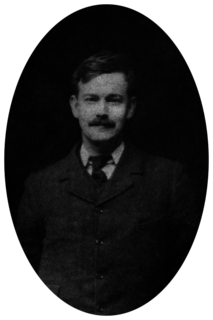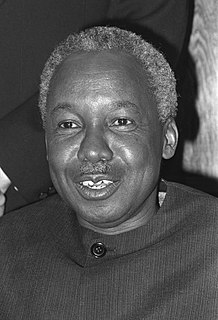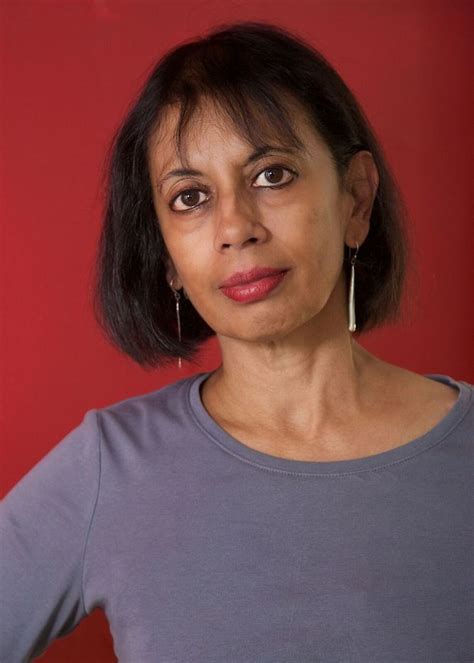A Quote by Ludwig von Mises
The meaning of economic freedom is this: that the individual is in a position to choose the way in which he wants to integrate himself into the totality of society.
Related Quotes
The economic freedom which is the prerequisite of any other freedom cannot be the freedom from economic care which the socialist promise us, and which can be obtained only by relieving the individual at the same time of the necessity and of the power of choice: it must be the freedom of economic activity which, with the right of choice, inevitably also carries the risk and the responsibility of that right
The society wants you to have beautiful personalities; the society wants you to have personalities which are comfortable for the society, convenient for the society. But the person is not the real thing, the individual is the real thing. The individual is not necessarily always comfortable to the society - in fact he is very inconvenient.
Freedom is necessary for two reasons. It's necessary for the individual, because the individual, no matter how good the society is, every individual has hopes, fears, ambitions, creative urges, that transcend the purposes of his society. Therefore we have a long history of freedom, where people try to extricate themselves from tyranny for the sake of art, for the sake of science, for the sake of religion, for the sake of the conscience of the individual - this freedom is necessary for the individual.
You cannot exercise and be amused about it. You cannot integrate the dying bug into your core workout and hold to the position that you are a spiritual being. In this way, the body and the mind are each other's opposite unto death, which is why you have to choose which of them you are going to follow.
It is not till it is discovered that high individual incomes will not purchase the mass of mankind immunity from cholera, typhus, and ignorance, still less secure them the positive advantages of educational opportunity and economic security, that slowly and reluctantly, amid prophecies of moral degeneration and economic disaster, society begins to make collective provision for needs which no ordinary individual, even if he works overtime all his life, can provide himself.
Reason cannot desire for man any condition other than that in which not only every individual enjoys the most absolute, unbounded freedom to develop himself out of himself, in true individuality, but in which physical nature, as well, need receive no other shaping by human hands than that which is given to her voluntarily by each individual, according to the measure of his wants and his inclinations, restricted only by the limits of his energy and his rights.
We are resolved to protect individual freedom of belief. This freedom must include the child as well as the parent. The freedom for which we stand is not freedom of belief as we please,... not freedom to evade responsibility, ...but freedom to be honest in speech and action, freedom to respect one's own integrity of thought and feeling, freedom to question, to investigate, to try, to understand life and the universe in which life abounds, freedom to search anywhere and everywhere to find the meaning of Being, freedom to experiment with new ways of living that seem better than the old.
Having come into contact with a civilization which has over-emphasized the freedom of the individual, we are in fact faced with one of the big problems of Africa in the modern world. Our problem is just this: how to get the benefits of European society - benefits that have been brought about by an organization based upon the individual - and yet retain African's own structure of society in which the individual is a member of a kind of fellowship.
The individual is defined only by his relationship to the world and to other individuals; he exists only by transcending himself, and his freedom can be achieved only through the freedom of others. He justifies his existence by a movement which, like freedom, springs from his heart but which leads outside of himself.
Actually what is happening in the twenty-first century, this is the great century of migration, so we have people from all around the globe going all over the place, and they have to integrate into a society, that society that exists has to integrate with them. Both sides have to work at it. It's not a one-way thing.




































